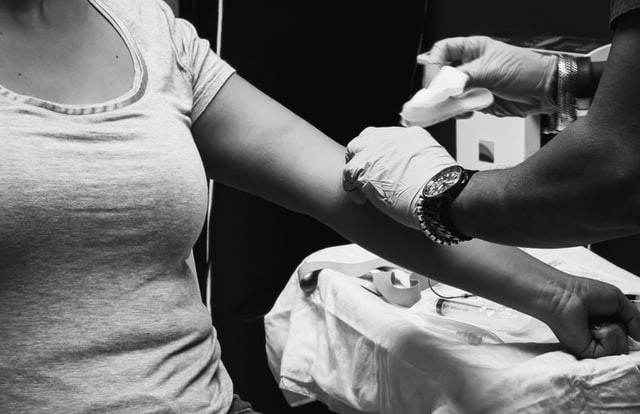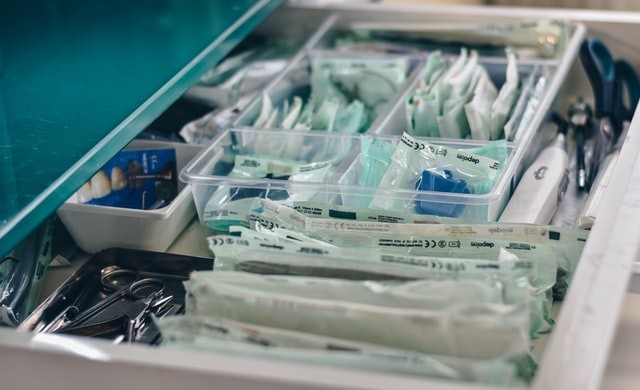COVID-19 testing is currently being expanded in many states and cities across the United States. However, two major barriers need to be overcome by medical experts: screening large portions of the population, and doing it quickly to prevent the spread of the coronavirus.
Also Read: Lung Exams Can Now Be Done In Your Home; How Effective Will StethoMe Be In Detecting COVID-19 Symptoms?

According to NBC News' latest report, a new COVID-19 test called Antigen testing was developed. Antigen testing is the newest method that medical experts have developed that they believe can offer faster results with less lab work.
"We have to have a breakthrough innovation in testing," said Dr. Deborah Birx, the White House coronavirus task force coordinator.
"We have to be able to detect antigen rather than constantly trying to detect the actual live virus or the viral particles itself, and really move into antigen testing," she added in an interview on NBC News' "Meet the Press" on Sunday, April 26.
Also Read: COVID-19 Update: Study Shows People With Positive Antibody Tests Are Still Vulnerable To Coronavirus
However, the report of NBC News stated that Antigen testing is not yet approved by FDA. Also, existing antigen tests for other viruses don't have their results yet, making the innovation not a single fix for the widespread testing shortages.
Experts clarified that these new tools could become a part of a broader solution. The Antigen tests are designed to detect viral proteins that would come from the spikes that coat the outside surface of the coronavirus' cell, which can trigger the immune response of the human body.
COVID-19 can be tracked down by new Antigen testing; Experts say it can provide faster results
According to NBC News, Polymerase Chain reaction or PCR Testing is currently the main method to screen for COVID-19. These tests are designed to identify the genetic material of the coronavirus in a sample.
However, with the tiny size of the viral RNA, it needs to be copied millions of times or "amplified" in a medical facility to get results.

According to Dr. Pedro Piedra, a professor of molecular virology and microbiology at the Baylor College of Medicine located in Houston, PCR tests are the most sensitive among the other COVID-19 tests, but they are complicated to conduct. Although PCR testing is accurate, it is also both resource- and time-intensive.
On the other hand, the report explained that Antigen testing was originally designed for the flu, in which medical experts can conduct "rapid influenza diagnostic tests" that can deliver results within 15 to 30 minutes.
Since it can provide results in a short period, experts believe that any breakthroughs in Antigen testing for coronavirus would also have similar results.
"You don't need specialized personnel to run the test, it's cost-effective and you get rapid results - that's what you're looking for here," explained Dr. Aron Lukacher, chair of the department of microbiology and immunology at Penn State College of Medicine in Hershey, Pennsylvania.
Antigen testing, however, has a greater chance of providing false-negative results because it is not as sensitive as PCR testing. After all, the test is not sensitive enough to detect the virus.
To develop the Antigen Test, scientists need to be intimately familiar with COVID-19's biology and structure for them to know what immune response will be triggered by these foreign substances, making it more challenging for medical experts.




